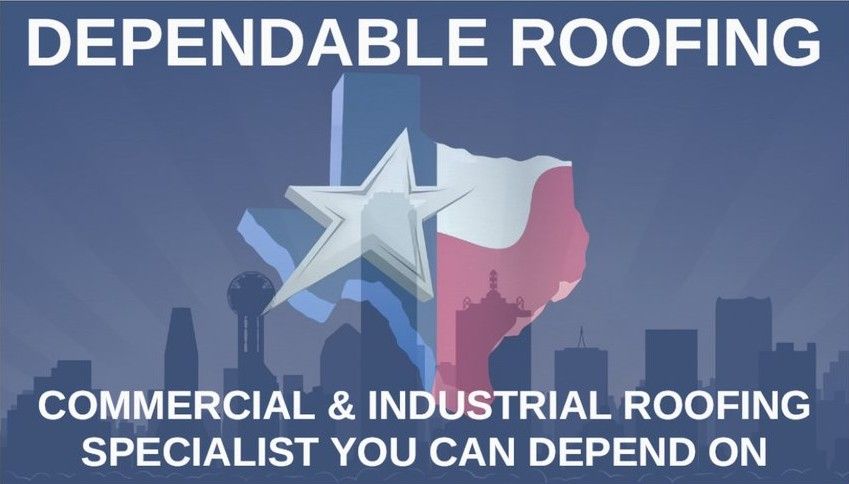Comparing Commercial Roofing Materials: Which is Best for Your Business?
Introduction to Commercial Roofing Materials
Choosing the right roofing material for your commercial property is crucial as it impacts not only the building’s appearance but also its energy efficiency, durability, and maintenance costs. With various options available, it can be challenging to decide which material best suits your business needs. This guide will help you compare popular commercial roofing materials to make an informed choice.

Metal Roofing
Metal roofing is highly favored for its exceptional durability and longevity. Typically made from materials like steel, aluminum, or copper, metal roofs can last up to 50 years or more with proper maintenance. They are also fire-resistant and can withstand extreme weather conditions, making them ideal for businesses in areas with harsh climates.
Advantages:
- Long-lasting and durable
- Low maintenance
- Environmentally friendly (often made from recycled materials)
Disadvantages:
- Higher initial cost compared to other materials
- Can be noisy during rain or hailstorms
EPDM Roofing
EPDM (ethylene propylene diene terpolymer) is a type of synthetic rubber roofing membrane known for its flexibility and resilience. It is especially popular for low-slope commercial roofs due to its cost-effectiveness and ease of installation. EPDM roofs are typically black, which can absorb heat, but they are also available in white for better energy efficiency.

Advantages:
- Cost-effective and easy to install
- Resistant to UV rays and weathering
- Lightweight yet durable
Disadvantages:
- Black EPDM can increase cooling costs due to heat absorption
- Seams can be prone to leaks if not properly installed
TPO Roofing
TPO (thermoplastic olefin) roofing is a single-ply membrane that combines the benefits of both EPDM and PVC roofing materials. It is known for its energy efficiency and reflects UV radiation, helping to reduce cooling costs. TPO is becoming increasingly popular in commercial applications due to its affordability and ease of installation.

Advantages:
- Energy-efficient with UV reflective properties
- Cost-effective compared to other materials like PVC
- Easy to install and maintain
Disadvantages:
- Relatively new, so long-term durability is still under review
- Quality can vary significantly between manufacturers
PVC Roofing
PVC (polyvinyl chloride) roofing membranes are known for their strength and durability. They offer excellent resistance to fire, chemicals, and wind, making them ideal for restaurants and other businesses with rooftop HVAC systems or that deal with harsh chemicals. PVC roofing is slightly more expensive than TPO but offers superior performance in some areas.
Advantages:
- Highly durable and resistant to chemicals and fire
- Energy-efficient with reflective properties
- Seam welding offers watertight protection
Disadvantages:
- Higher cost compared to TPO and EPDM
- Can become brittle over time in extreme cold conditions
Conclusion: Making the Right Choice for Your Business
The best commercial roofing material for your business will depend on various factors such as budget, climate, and building structure. While metal roofing offers longevity and durability, EPDM and TPO provide cost-effective solutions with energy-saving benefits. PVC is a robust choice for businesses requiring high chemical resistance. Evaluate your specific needs and consult with a roofing professional to ensure you make the best decision for your commercial property.

